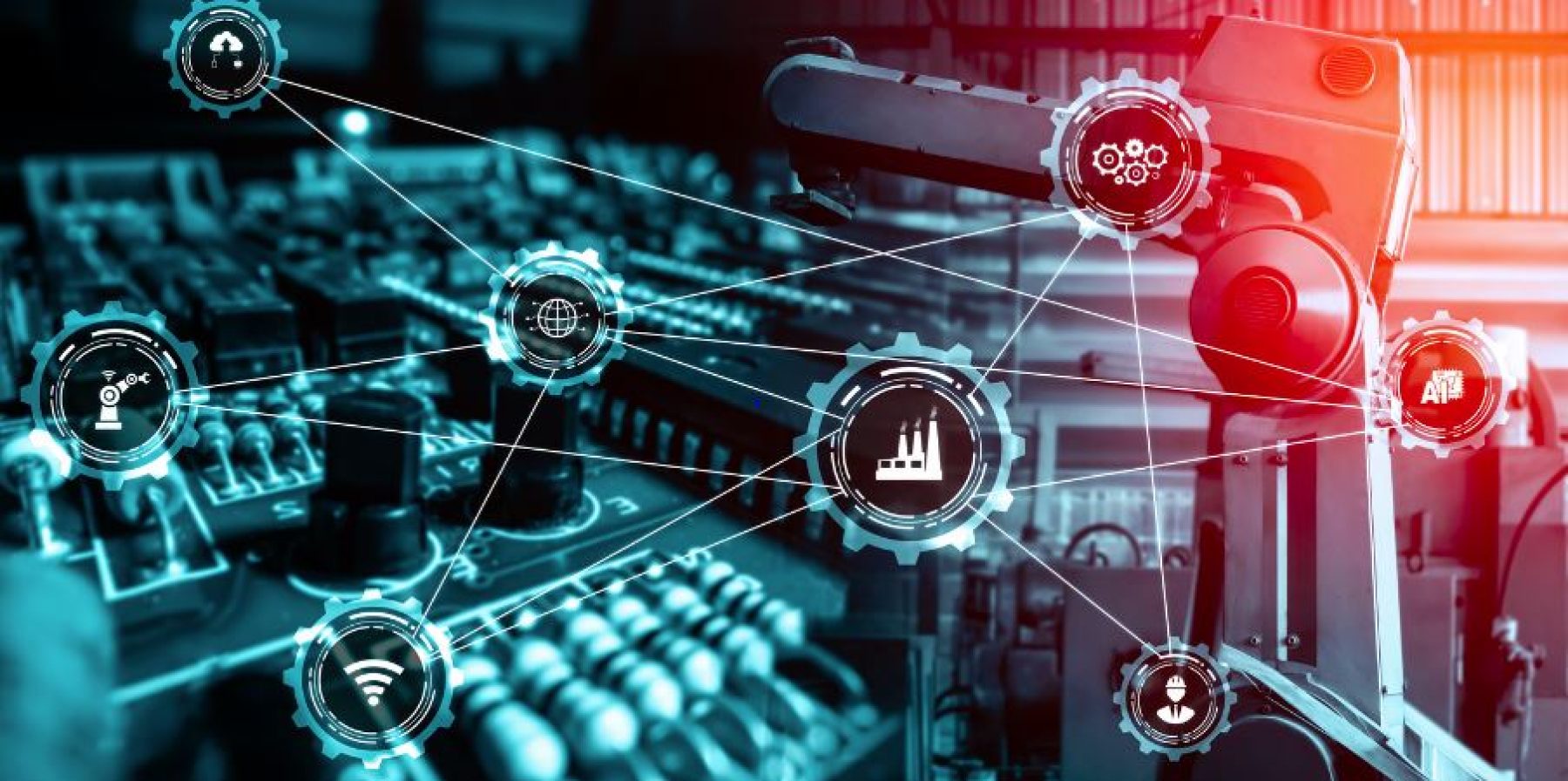
Report for confronting Manufacturers Scope 3 emissions
A paper released by the World Economic Forum’s Industry Net Zero Accelerator initiative offers a framework to inspire industry action towards reducing Scope 3 emissions.
Co-authored by David Leal-Ayala of Cambridge Industrial Innovation Policy (CIIP) the paper: The “No-Excuse” Opportunities to Tackle Scope 3 Emissions in Manufacturing and Value Chains report forms part of a series of activities to help businesses to collaborate and accelerate change across industrial sectors. The paper highlights emerging opportunities and best practices to inspire private- and public-sector leaders to act and drive the net-zero transformation of global balance chains with “no excuses”.
The World Economic Forum launched the Industry Net Zero Accelerator initiative in 2022 in collaboration with knowledge partners Cambridge Industrial Innovation Policy and Capgemini, Rockwell Automation and Siemens, as well as a community of more than 30 global manufacturing companies to help accelerate the industry transition to net zero.
Tackling Scope 3 emissions at a “much faster pace”
While many companies have set targets to reduce their direct emissions (Scope 1) and emissions from purchased energy (Scope 2), emissions within value chains (Scope 3) remain largely unaddressed. Scope 3 emissions, which account for more than 70% of industries’ greenhouse gas (GHG) emissions, represent a critical challenge.
According to the latest survey by the Science Based Targets initiative (SBTi), even among companies with Scope 3 targets, 50% are falling “off track” in achieving them, despite 40% of these companies holding their executives directly accountable for decarbonisation efforts.
After releasing the “No Excuse Framework to accelerate the path to net-zero manufacturing and value chains”, the initiative sought feedback from prominent business, academic, and government experts to gain a better understanding of the primary factors, obstacles, and prospects related to Scope 3 industrial emissions. This effort led to the discovery of valuable insights into the decarbonisation of the global value chain of the industry.
“To achieve net zero by 2050 or sooner, industries must tackle Scope 3 emissions at a much faster pace,” says lead author Dr David Leal-Ayala, Cambridge Industrial Innovation policy.
“This requires companies to take responsibility for emissions beyond their immediate operations and make profound changes throughout their products and business models, using emerging technologies and embracing new partnerships across value chains.
“Addressing Scope 3 emissions requires a comprehensive re-evaluation of product value portfolios and business models to unlock effective decarbonisation strategies and pave the way to new business opportunities.”
The paper emphasises the need to adopt new technologies, foster collaborative relationships, and shift towards a collaborative mindset.